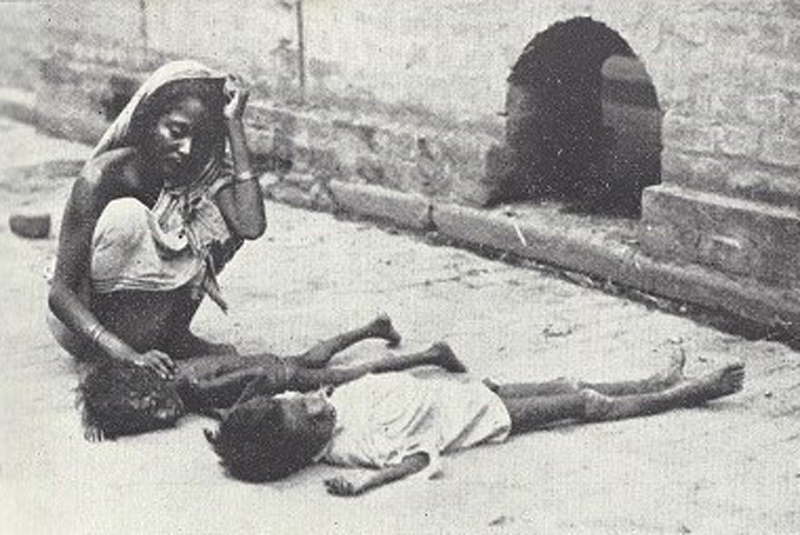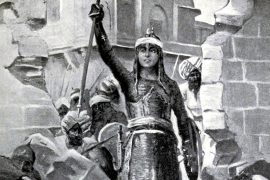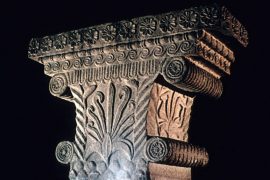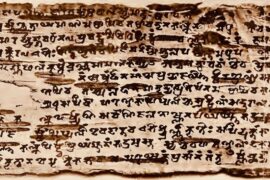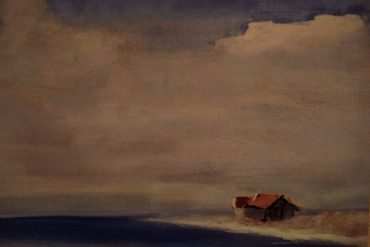In 1943, Bengal faced a devastating famine. Over three million people died of starvation, malnutrition and disease; thousands of dead bodies were left on the streets. It was a manmade humanitarian disaster, not an act of god. The Radiance, an English weekly published by the Khaksar Tehrik, reiterates this in an article titled “The Bengal Famine, dated September 24, 1943:
This famine has not come down like the bolt from the blue. It was clearly foreseen or foreseeable. It is not an Act of God. It is the sin of man – the result of man’s stupidity and tyranny.
Allama Mashriqi, the founder of the Khaksar movement, blamed the Government for the famine. To help his fellow citizens, he asked the Khaksars “to support one person until hunger and death disappear.” “Hindu as well as Muslim Khaksars,” he wrote, should take part in this movement irrespective of caste or creed…[and] must take the most active part in organising this vast human effort for good.”
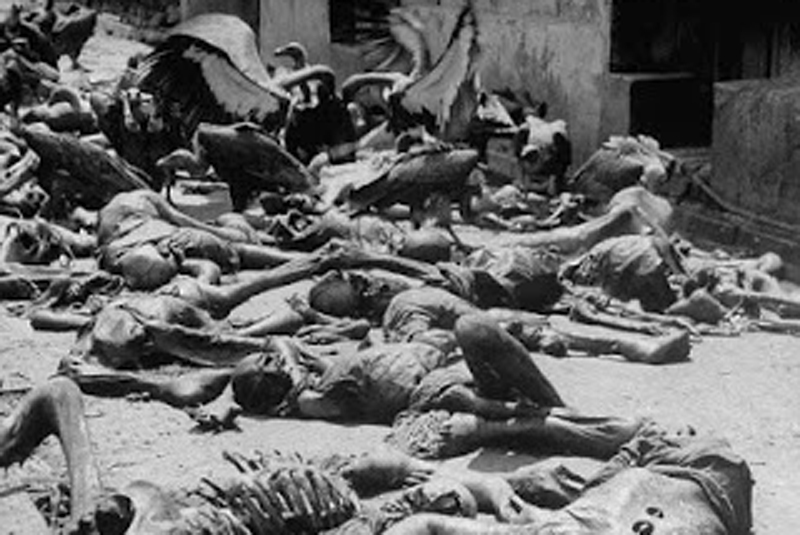
Mashriqi’s appeal to help those effected by the Bengal famine also appeared in the Governor of Punjab’s confidential report of September 1943. Following Mashriqi’s appeal, a large number of Khaksars, men and women from various faiths, joined the effort. Notable among them were Tahira Begum, Pandit Amar Nath Joshi, Saeeda Bano, Mani Ram, Rafiq Ahmed, Ubaidullah Durrani and Jaindu Ram. Students from Aligarh Muslim University also joined in.
-30-
Copyright©Madras Courier, All Rights Reserved. You may share using our article tools. Please don't cut articles from madrascourier.com and redistribute by email, post to the web, mobile phone or social media.Please send in your feed back and comments to [email protected]

